-
Kylie Klotzbach wrote a new post 6 years, 4 months ago
At the WTCA, one of our primary goals is to build relationships and empower females within the coaching community. With that specific goal in mind, we are proud to announce an official partnership with […]

-
Kylie Klotzbach wrote a new post 6 years, 4 months ago
The WTCA is excited and honored to have been selected as the
Professional Tennis Registry’s first-ever ‘Partner of the Year.’ WTCA Chair of
the Board Anni Miller received the award on behalf of the WTCA at the 2 […]
-
Kylie Klotzbach wrote a new post 6 years, 4 months ago
Tennis coaching is a difficult career path in and of itself
for a multitude of reasons. Now imagine coaching tennis in a completely new
country in an entirely foreign language and culture with different […]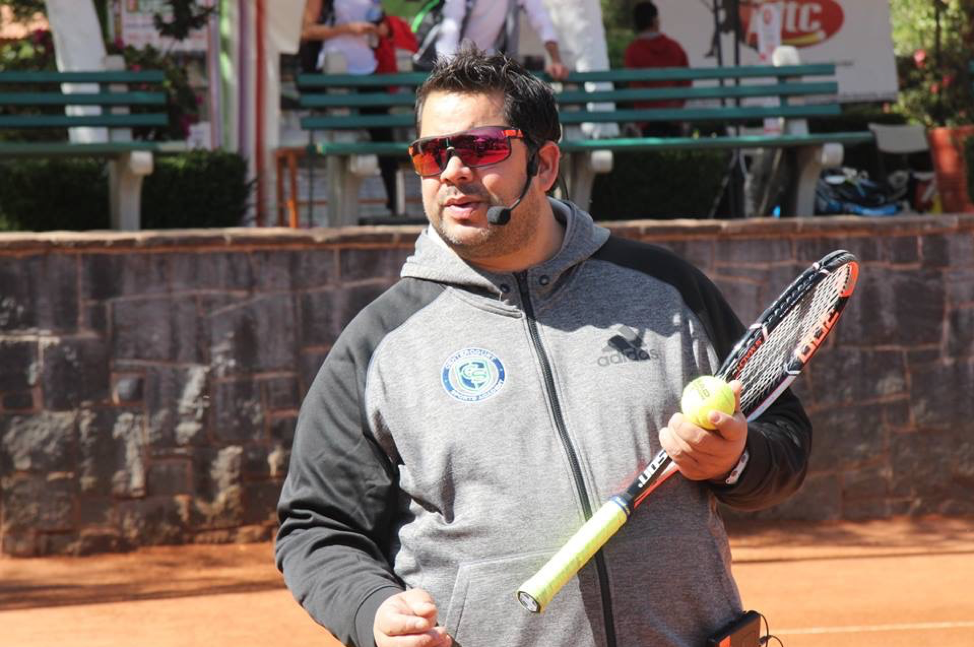
-
Kylie Klotzbach wrote a new post 6 years, 4 months ago
A few times in a generation, we are lucky enough to be
introduced to athletes who not only transcend their sport, but transform it. Among
those athletes is Rosemary “Rosie” Casals.Casals’ tennis career was i […]

-
Kylie Klotzbach wrote a new post 6 years, 4 months ago
High risk, high reward. That’s the phrase that comes to mind
when considering a young tennis player’s decision to turn professional instead
of choosing to play collegiately and receive an education through an ath […]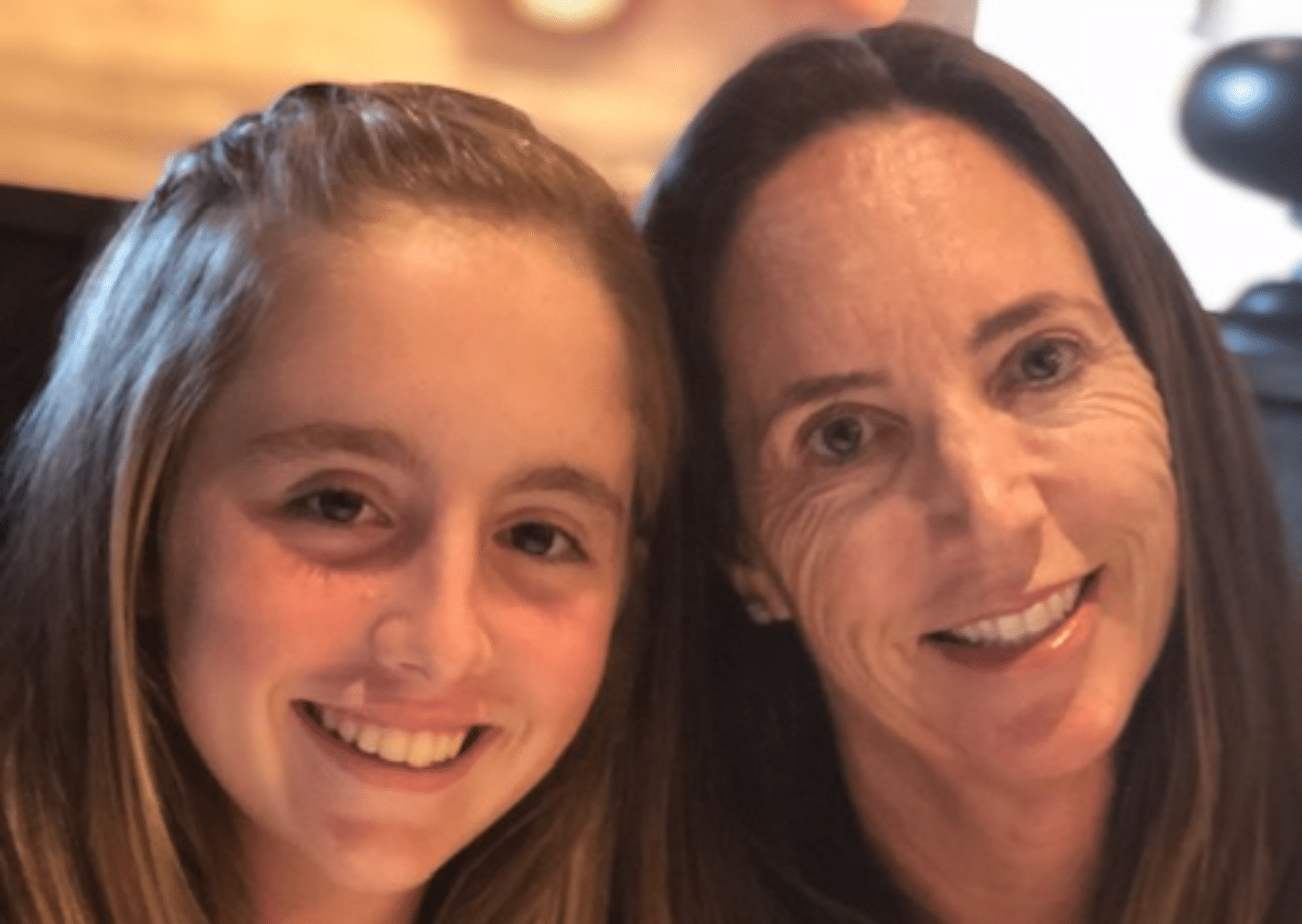
-
Kylie Klotzbach wrote a new post 6 years, 5 months ago
Building a positive on-court culture among athletes is vital
to the success of any tennis program, but this culture cannot be built solely
on the tennis courts alone. According to Kim Clijsters Academy […]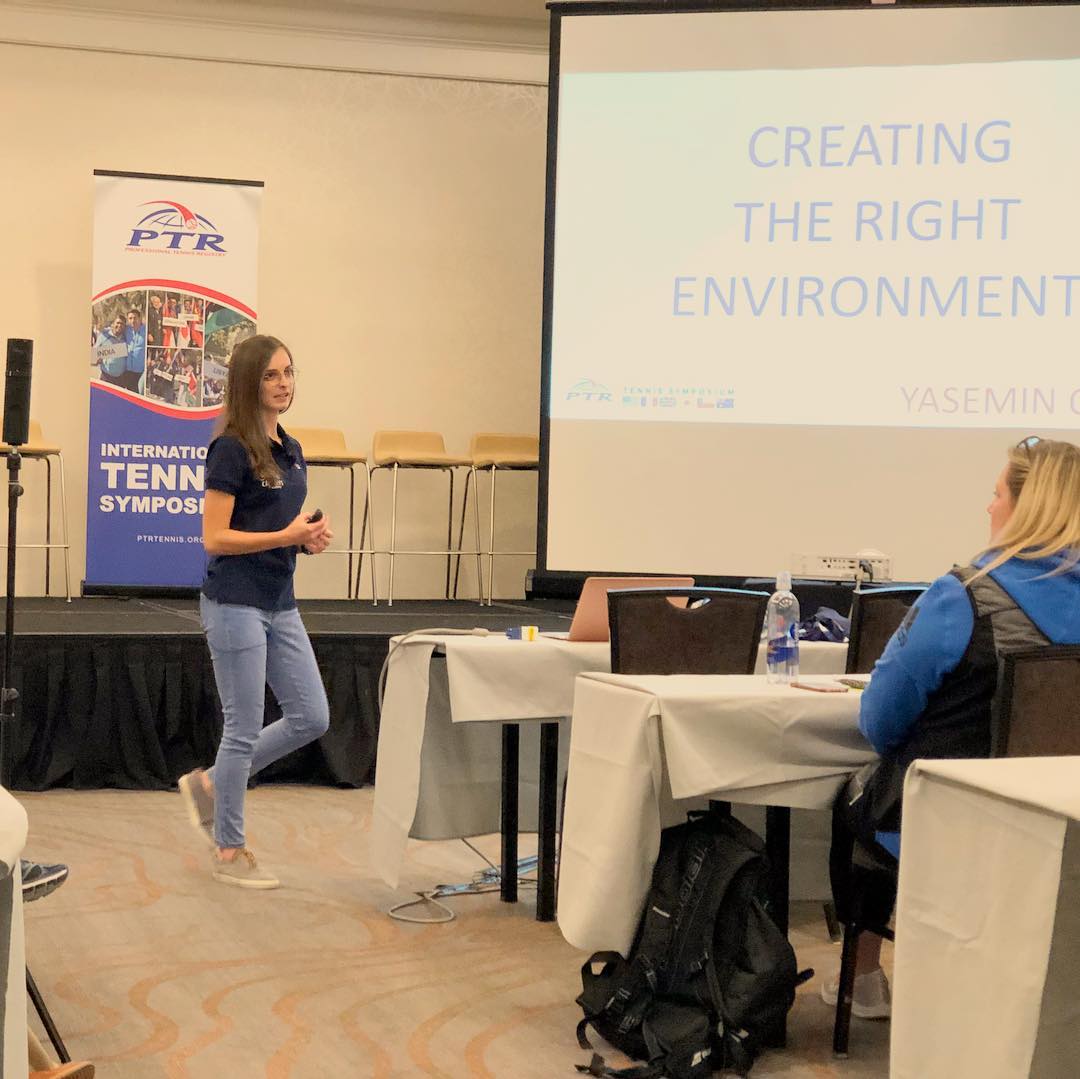
-
Kylie Klotzbach wrote a new post 6 years, 5 months ago
While there are many cases of gender bias throughout the
tennis industry, one of the most common problems occurs at conferences across
the globe. Despite the progress women in the sport have made over the last […]
-
Kylie Klotzbach wrote a new post 6 years, 5 months ago
When you think of tennis, the first analogy that comes to
your mind is probably not ‘The Blind Men and the Elephant.’ However, if you ask
physical therapist and strength and conditioning expert Ian Barstow, the […]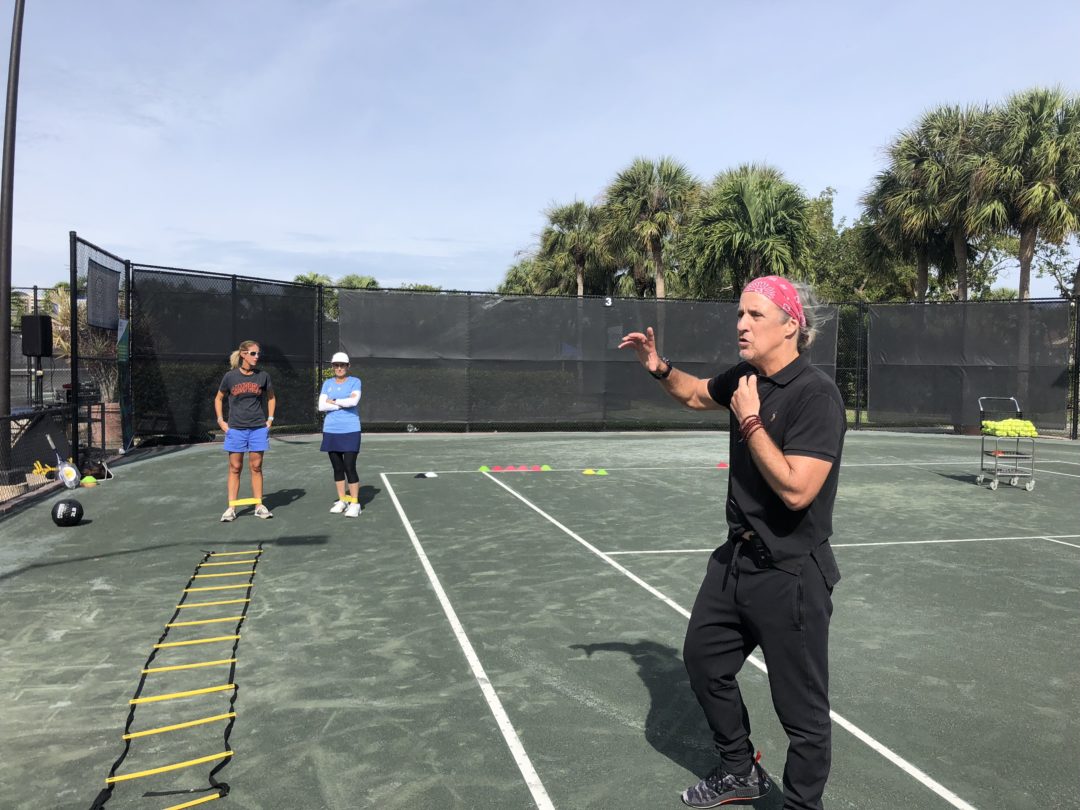
-
Kylie Klotzbach wrote a new post 6 years, 5 months ago
You would be hard-pressed to find another person with the breadth and depth of experiences Bill Riddle has had throughout his career as a tennis coach. Riddle has held just about every job in the business, […]
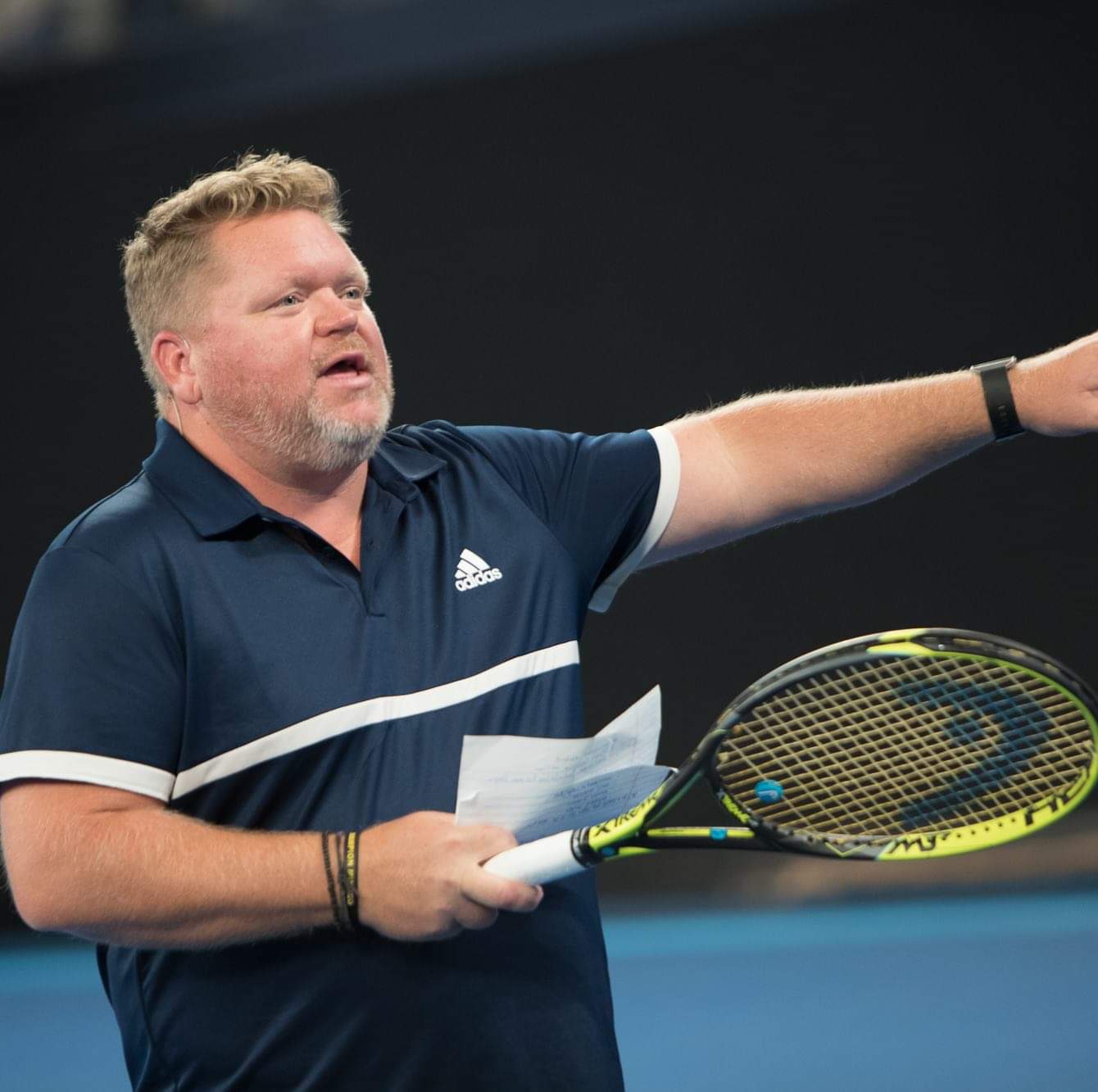
-
Kylie Klotzbach wrote a new post 6 years, 5 months ago
Conventionality is a word that has simply never been a part
of Jane Forman’s vocabulary. After finishing an illustrious collegiate and
professional career, Forman made the natural transition into coaching. H […]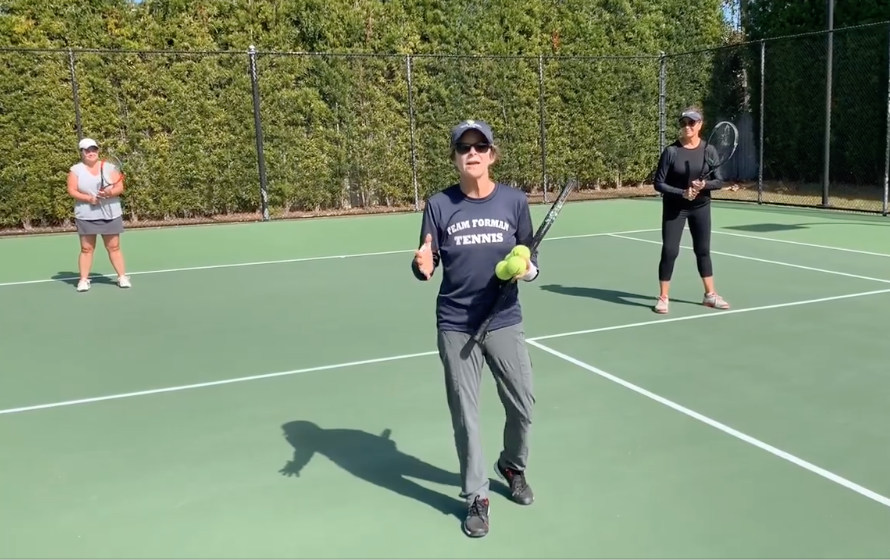
-
Kylie Klotzbach wrote a new post 6 years, 5 months ago
Each month, females have to deal with the effects of a
menstrual period. However, menstruation becomes even more complex for the
female athlete. Because athletes are generally unable to break from training […]
-
Kylie Klotzbach wrote a new post 6 years, 5 months ago
One of the long-standing issues within the sport of tennis
is the retention of young female players. Despite the staggering dropout rate
among young women in the sport, few policies have been implemented to […]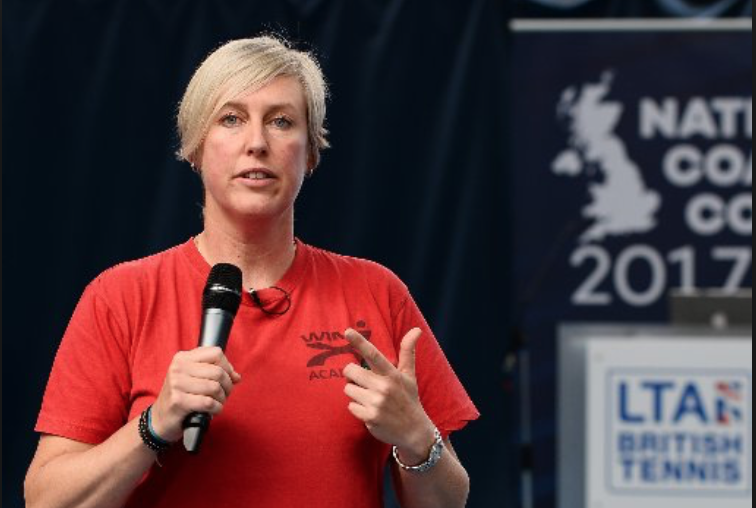
-
Kylie Klotzbach wrote a new post 6 years, 5 months ago
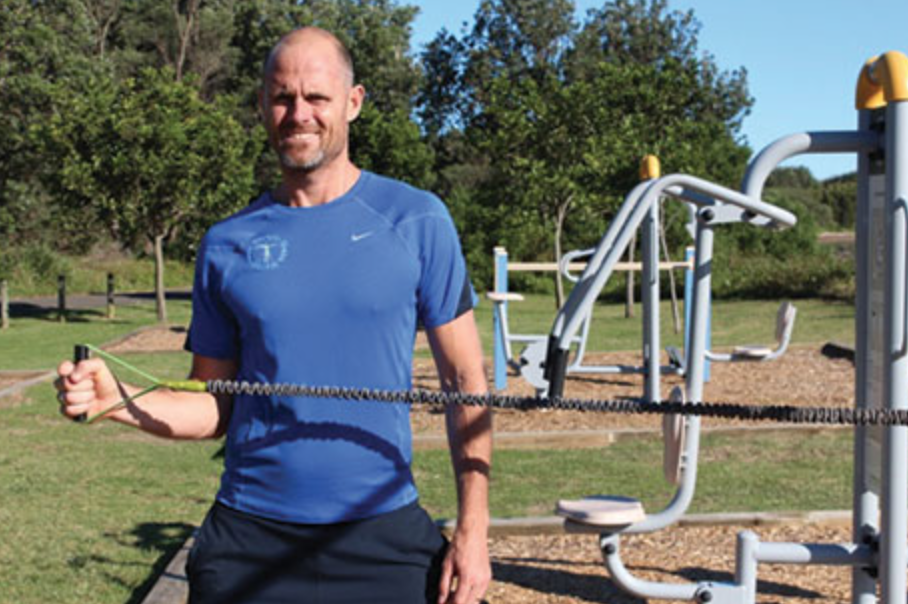
-
Kylie Klotzbach wrote a new post 6 years, 6 months ago
Tennis is an individual sport, but there is no denying the importance of teamwork within the inner-workings of both coaching and preparing an athlete to succeed on and off the court. According to USPTA Hall of […]
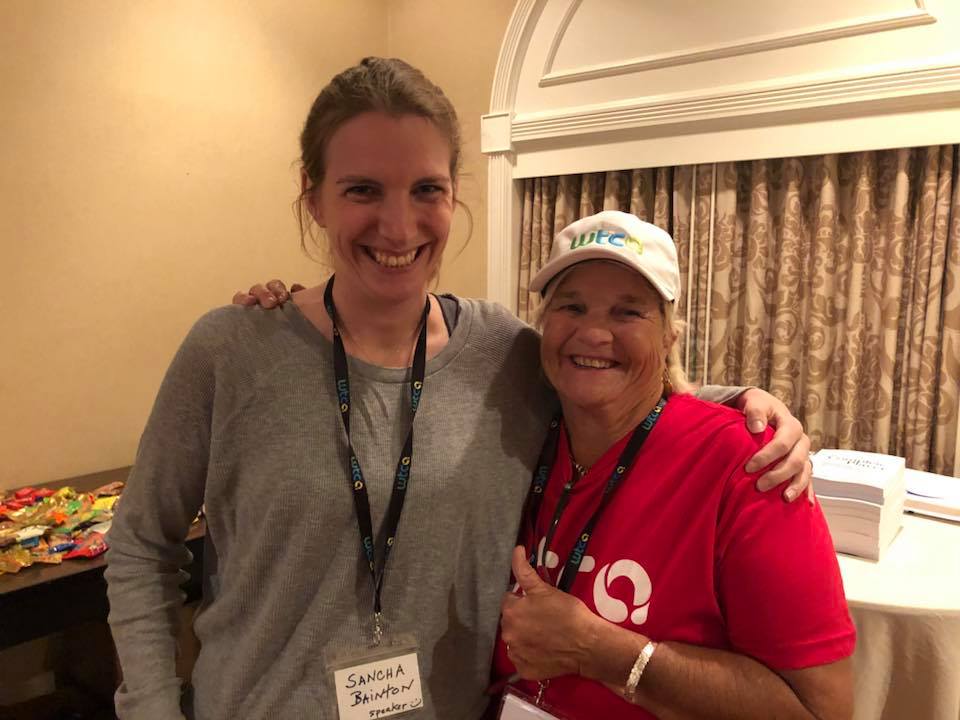
-
Kylie Klotzbach wrote a new post 6 years, 6 months ago
We all know the old adage that tennis is just as much of a
mental game as a physical game. However, tennis is actually significantly more
mental than physical – 84.2 percent mental to be exact, according to two t […]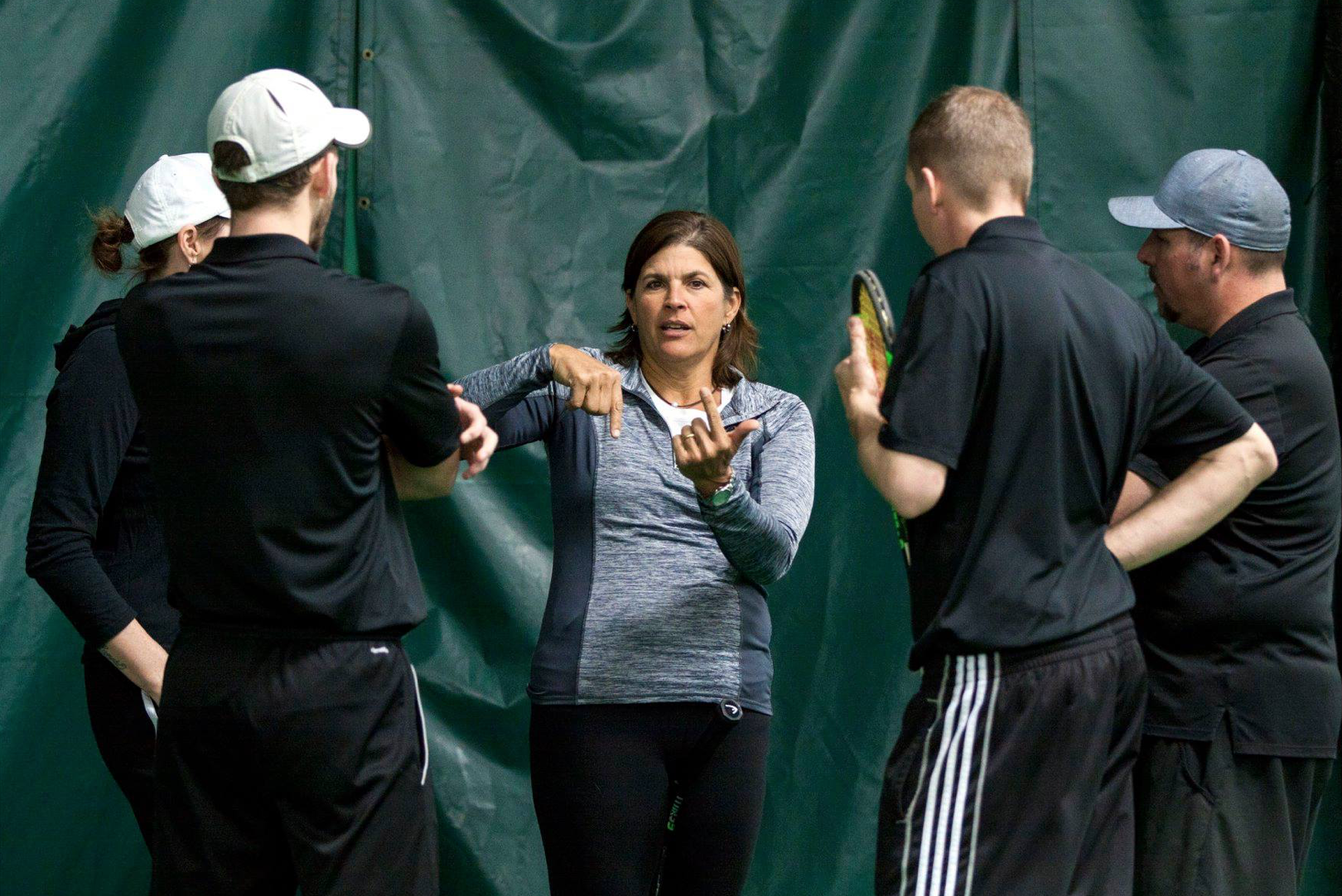
-
Kylie Klotzbach wrote a new post 6 years, 6 months ago
Reaching potential as a tennis player is not only about
developing skills on the court. In fact, you would be hard pressed to find a top-level
tennis player who does not excel in other areas of athleticism. […]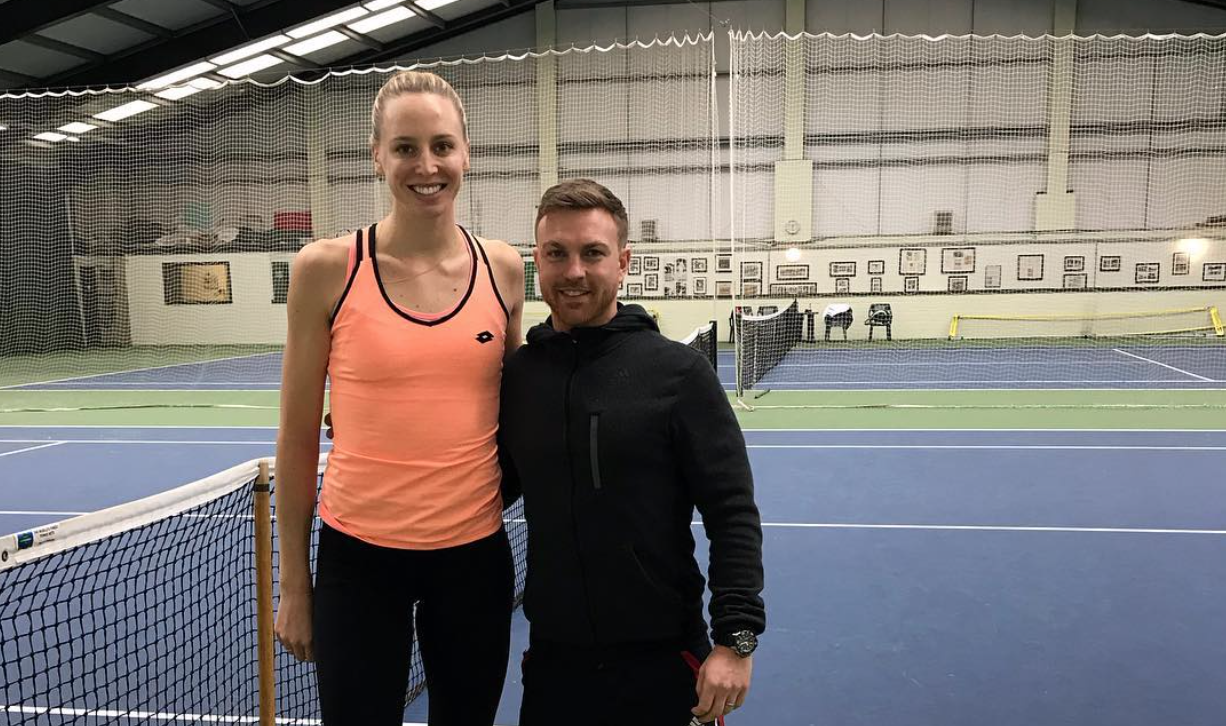
-
Kylie Klotzbach wrote a new post 6 years, 6 months ago
Anticipate. In the eyes of venerated tennis coach Freddie Rodriguez,
it’s the most important word in a tennis player’s vocabulary. Anticipation is
also the reason Rodriguez began playing tennis in the first pla […]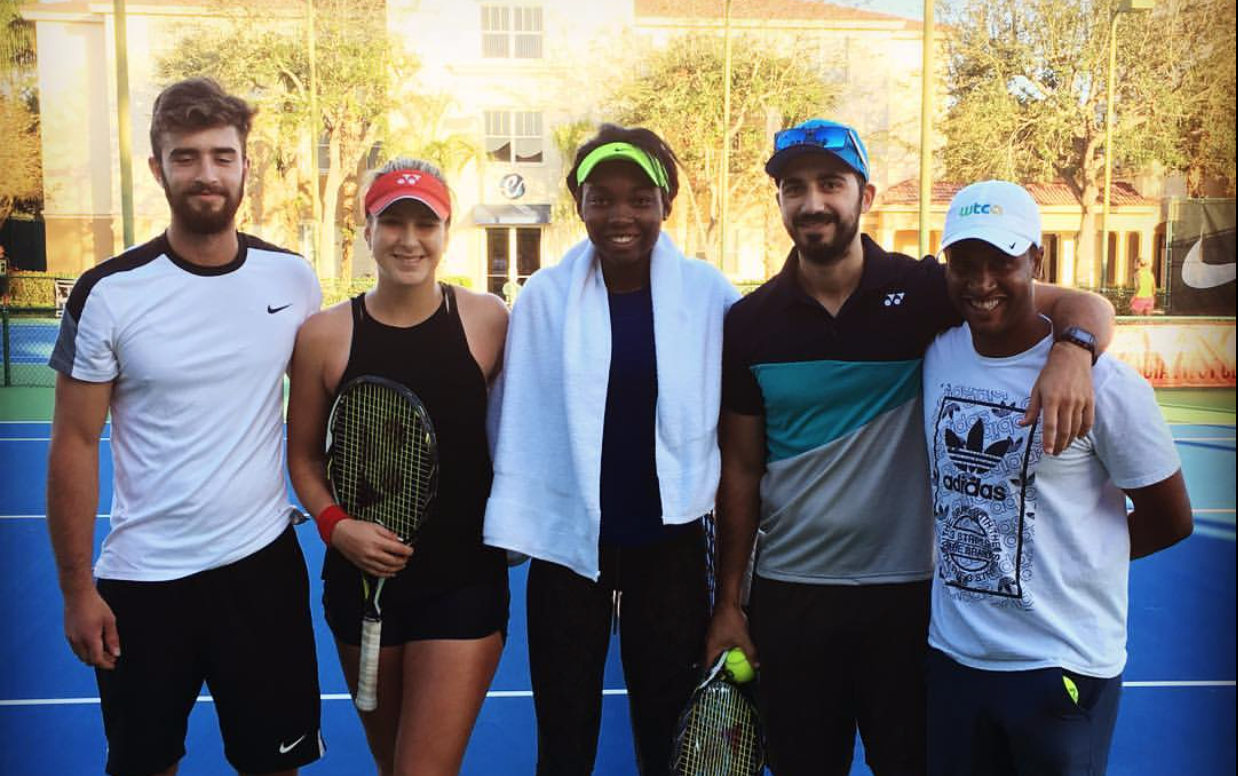
-
Kylie Klotzbach wrote a new post 6 years, 6 months ago
What do all great players have in common? If you ask former
Australian tennis star Cynthia Doerner, the X-factor for separating the good
from the great is the way the great players compete each time they step on […]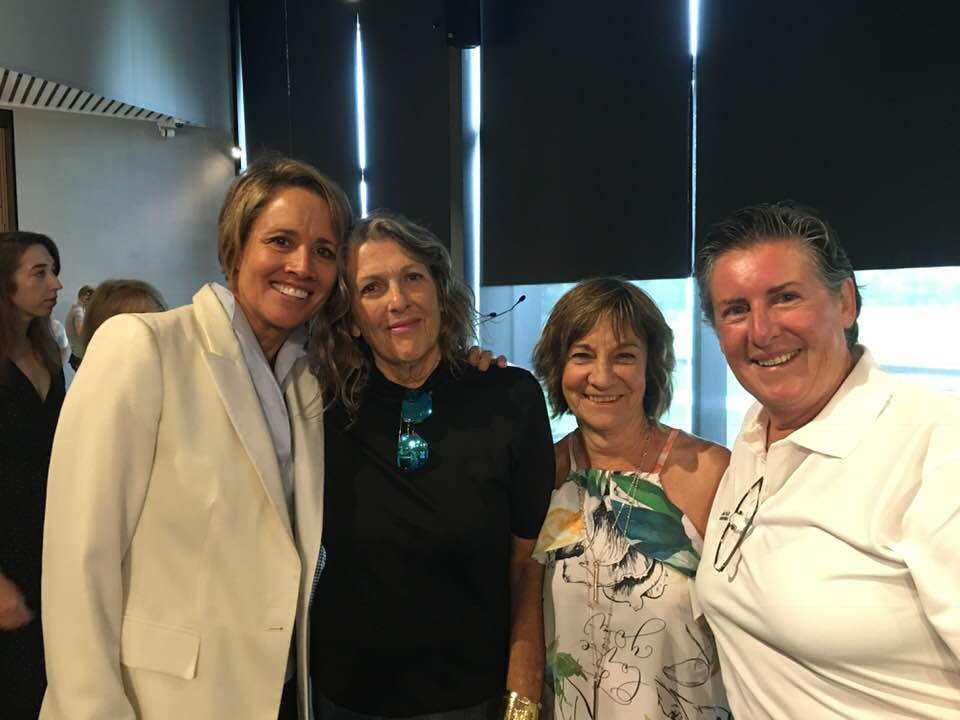
-
Kylie Klotzbach wrote a new post 6 years, 6 months ago
With the demands of being a tennis coach, it’s all too easy
to get caught up in what is taking place on court and forget about the off-court
factors that also contribute to a successful coaching career.If y […]

-
Kylie Klotzbach wrote a new post 6 years, 6 months ago
Tennis is an individual sport, but that does not mean coaches will never encounter large groups of students. In these situations, how are coaches able to keep each and every athlete engaged? According to Emma […]

- Load More
